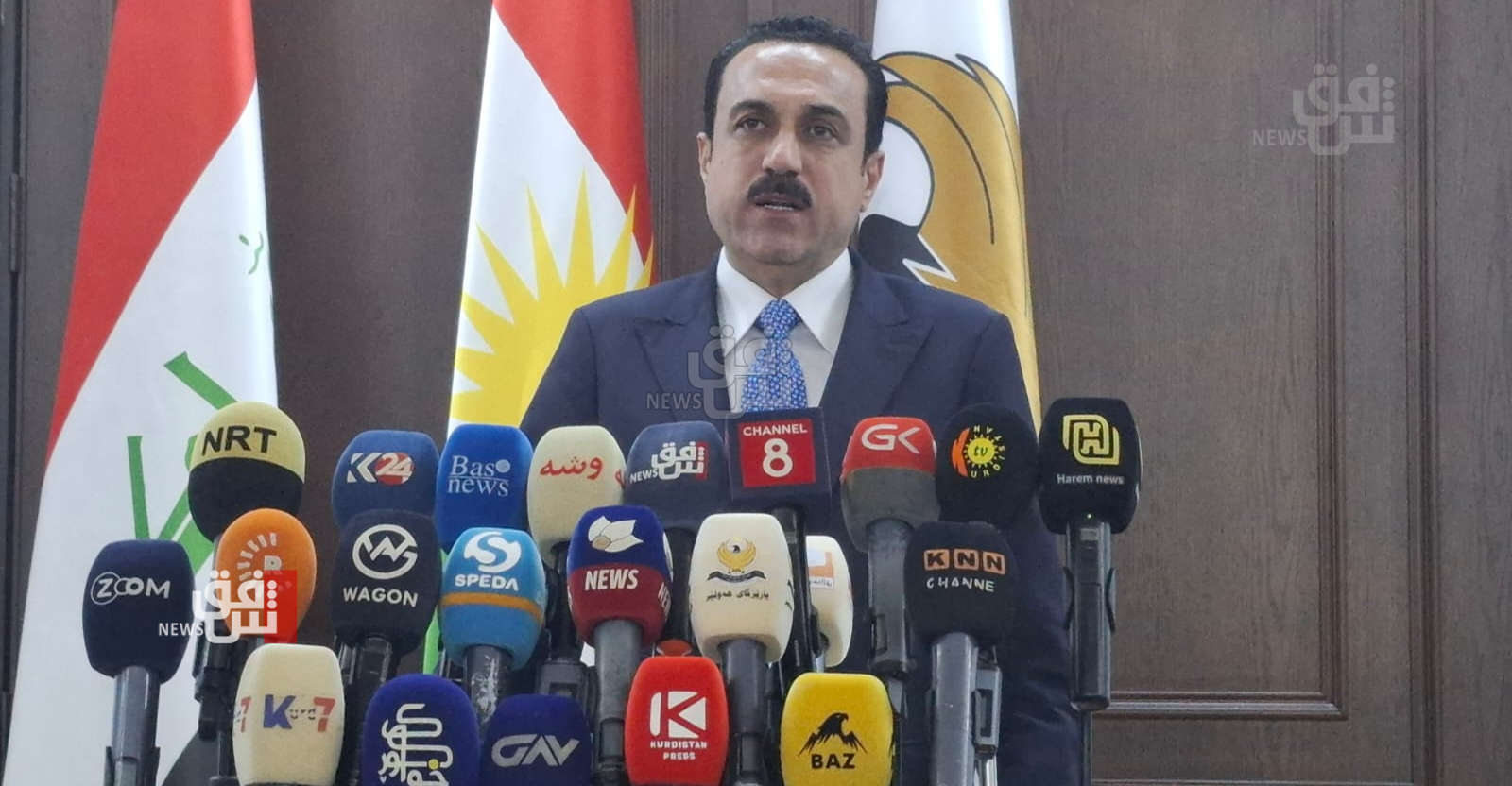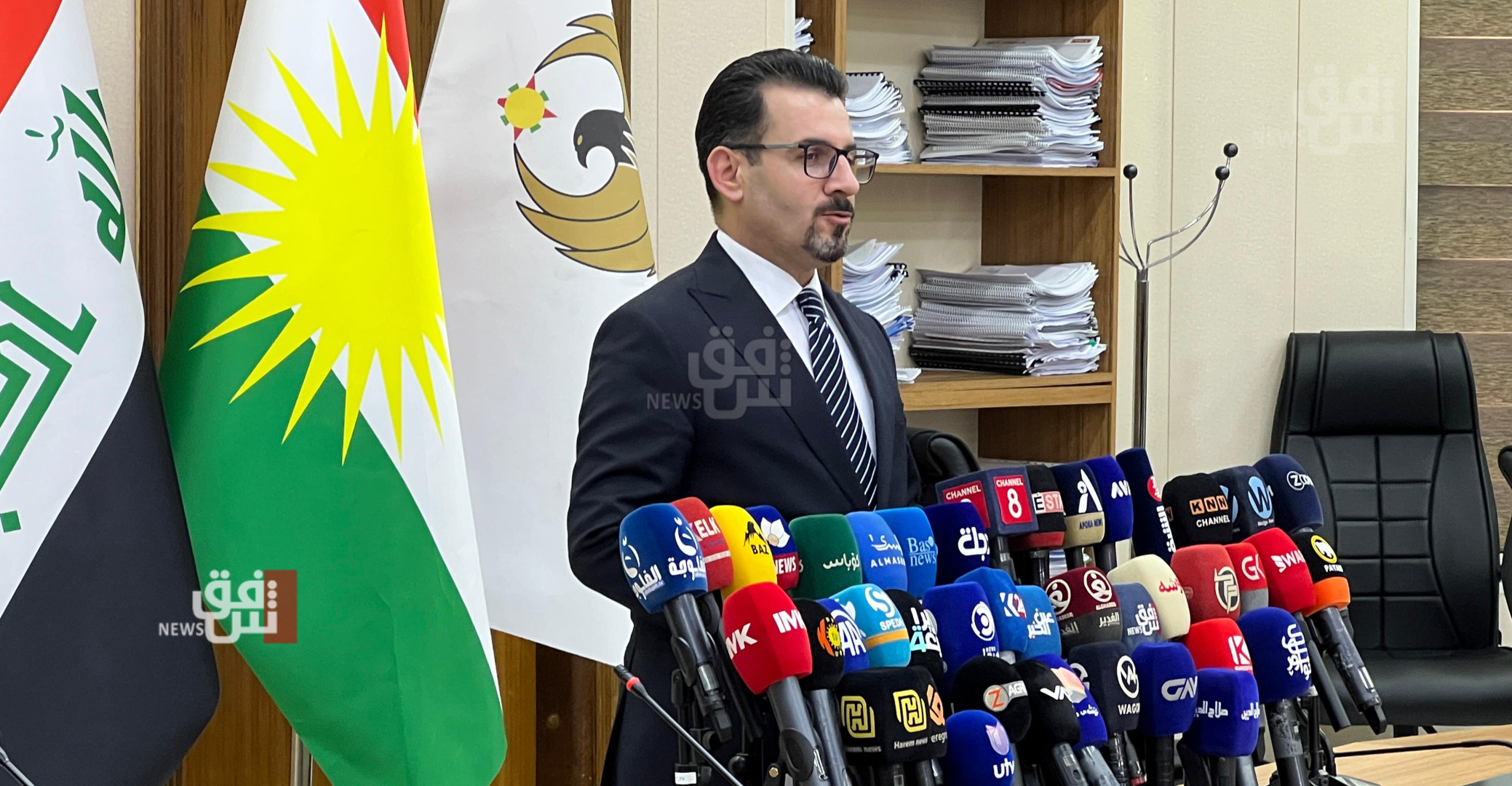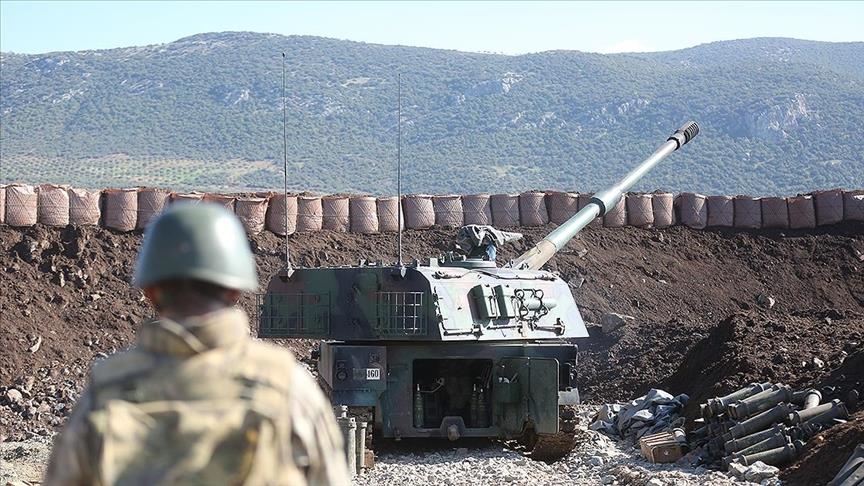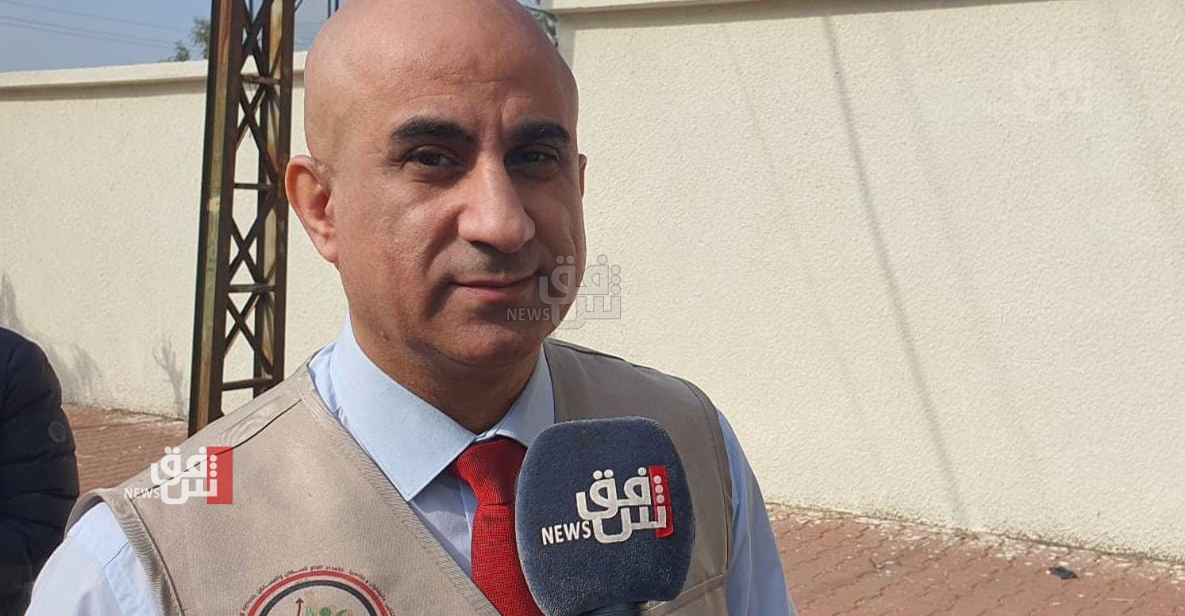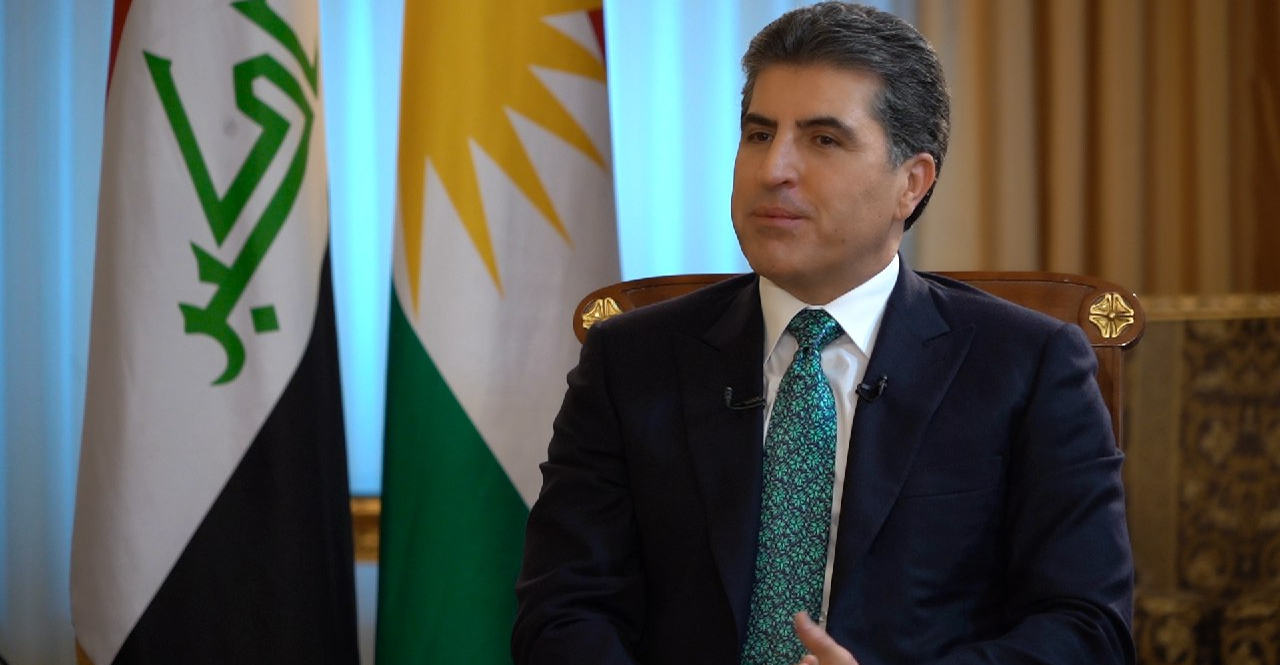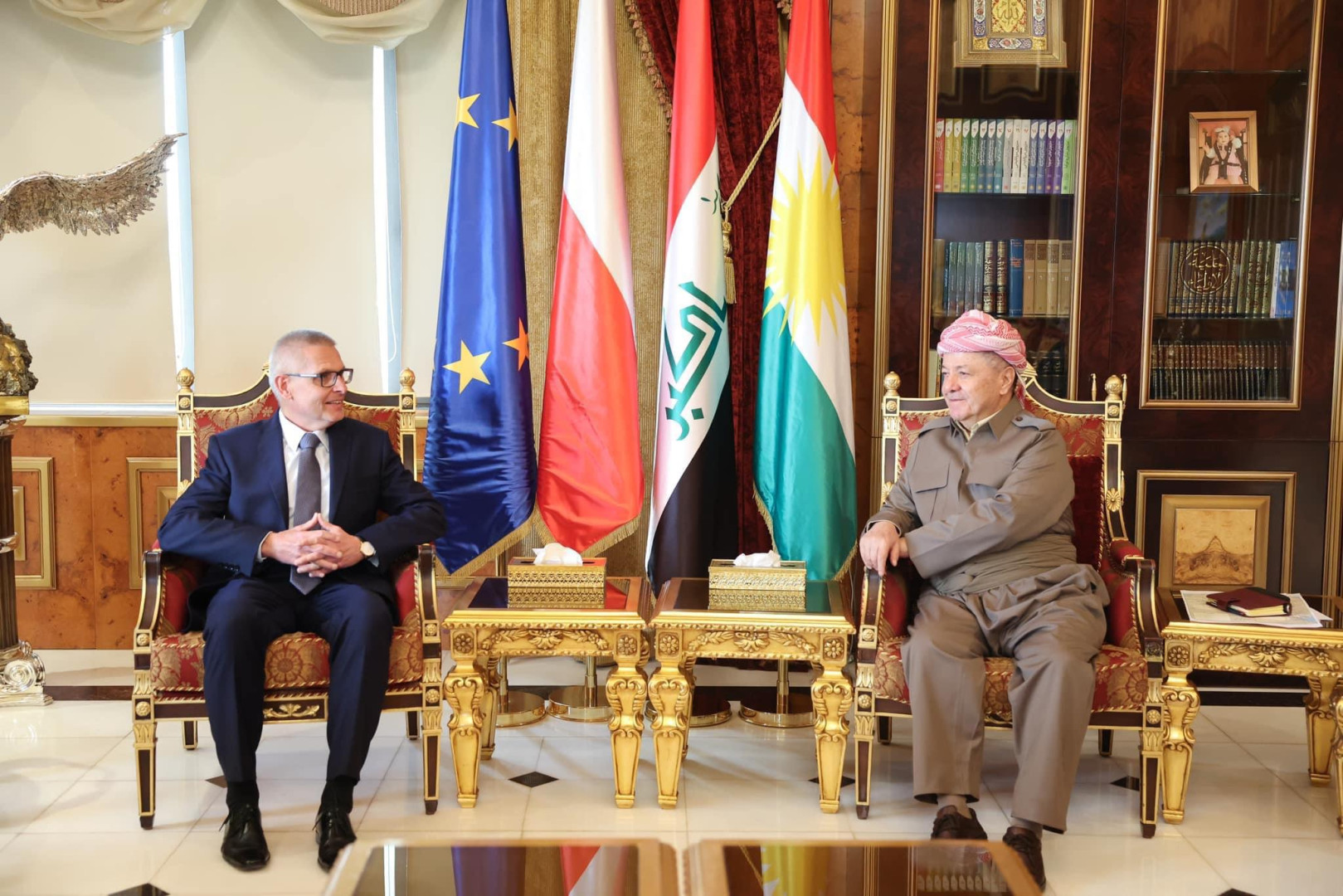Hope amid challenges: safeguarding children's rights in Iraq
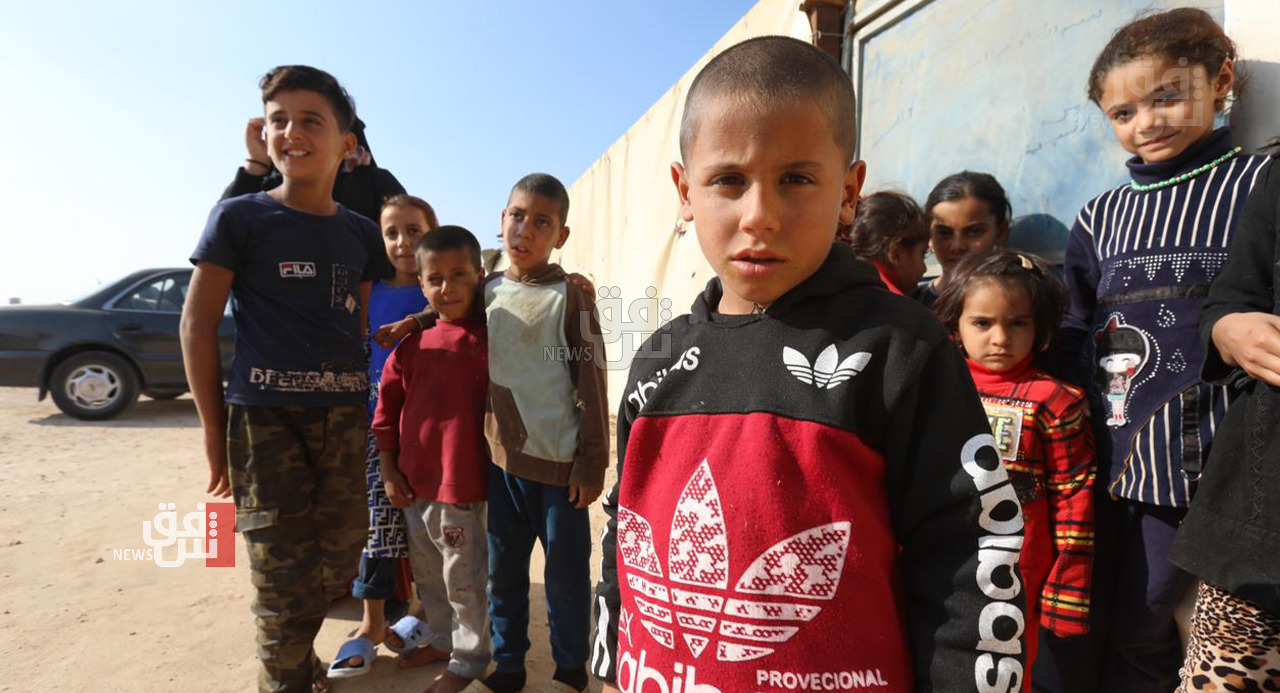
Shafaq News/ On July 13th, Iraq commemorates Iraqi Children's Day to honor the dozens of children killed in the 2005 terrorist bombings in Baghdad's Al-Nairyah area, drawing attention to the country's ongoing struggle for children's rights. Amid ongoing calls for updated legislation and improved social, political, economic, and military conditions, this day highlights the importance of safeguarding children's rights in a country facing decades of instability.
On Iraqi Children's Day, PM Mohammed Shia Al-Sudani posted on X platform, "We pledge to continue providing a healthy environment and comprehensive educational and social care for our children, in line with our civilizational and humanitarian values, as well as constitutional and legal requirements."
"We support civil society efforts and cultural programs that care for our children and prepare them for a better tomorrow, as they are Iraq's hope for a prosperous future," he added.
Iraqi Children's Rights And Government Neglect
In light of the Iraqi child's rights, the Iraqi representative, Mahma Khalil, confirmed to Shafaq News Agency that the Iraqi government "did not fulfill its constitutional and humanitarian duties towards the Iraqi child, especially with the displaced, orphans and others," noting that "the child is the future of Iraq, with constitutionally established rights."
"While children worldwide have rights to education, health, future, and psychological rehabilitation, Iraqi children rank lowest in these areas due to government negligence, compared to their peers in other Arab and foreign countries," he stated.
He further explained, "In Iraq, many children have left school to work and support themselves. Additionally, displaced minority groups, like the Yazidis, who faced genocide and lost their parents, often live in tents. The Iraqi government hasn't adequately rehabilitated them or recognized their potential as a future national asset."
Remarkably, 4.7 million Iraqi children were impacted by ISIS's control over several cities, leading to displacement, lack of vaccinations, loss of families, exposure to physical harm, and forcing 3.5 million to abandon school.
Combatting Child Exploitation In Iraq
The head of the Strategic Center for Human Rights, Dr. Fadel Al-Gharawi, emphasized that "children are consistently vulnerable to exploitation, both in times of peace and war, as they are among the most fragile groups," noting that "forms of Children's exploitation include labor exploitation, hard work for low wages, human trafficking, forced begging and involvement in nightlife, selling them outside Iraq, electronic blackmail, harassment, and rape."
"Most children in Iraq, including those with disabilities and other vulnerable groups affected by the economic situation, face significant problems. There is widespread exploitation, particularly among boys, who are targeted across various criminal activities, unlike girls who face exploitation in more specific contexts," he added.
Last week, the Minister of Labor and Social Affairs, Ahmed Al-Assadi, announced that "more than 3,479,000 children have been covered by social protection, which is the largest number reached by the ministry," noting that "the Ministry's efforts, via the Supreme National Committee, led to Iraq being removed from the list of countries using children in armed conflicts."
In this context, he pointed out that "his Ministry is collaborating with the House of Representatives to draft a child protection law. The draft has undergone its first reading and is now awaiting a second reading before a vote."
Child Labor Challenges In Iraq
The president of the General Federation of Trade Unions in Iraq, Sattar Danbous, said that "most Iraqis missed out on their childhood due to the country's turbulent history. "Today, it's sadly observed that many children are begging in the streets and intersections of Baghdad and other governorates, where those with ill intentions often harass them, particularly young girls who may be drawn into other troubling situations," noting that "there are no official statistics on child labor in Iraq, and even the Ministries of Planning and Labor lack this data, despite being the responsible authorities on the matter."
"Child labor typically occurs in informal sectors rather than in formal settings like factories. Children often receive wages ranging from 10 to 15 thousand dinars (approximately 10 USD) per week, enduring poor conditions and harsh treatment from their employers," he added.
He further confirmed, "The minimum wage, as per the law, is 350 thousand dinars, yet many employers fail to meet this standard, which is insufficient given Iraq's high cost of living."
Dr. Al-Gharawi reported that over 200 million children worldwide, aged 6-17, are engaged in labor, with boys comprising 80% of this group.
Al-Gharawi noted to Shafaq News Agency that Iraq ranks fourth in child labor prevalence, following Yemen, Sudan, and Egypt, with a rate of 4.9% among younger age groups.
Safeguarding Children's Rights In Iraq
Legal expert Walid Al-Shabibi highlighted that "Iraq has comprehensive legislation concerning children's protection, drawing from both Islamic and Western legal frameworks," emphasizing "the necessity of periodically updating these laws to address evolving technological advancements and social realities, such as wars, poverty, and family breakdowns, which necessitate legislative interventions in safeguarding children's rights."
He confirmed, "In Iraq, we have laws like the Minors Protection Law designed to handle delinquency and legal infractions among those under 18 years of age."
"There are also laws aimed at indirectly protecting children, such as the Personal Status Law's Article 57 on custody. This law prioritizes the child's welfare, making it the responsibility of the custodial mother. If custody conditions aren't met, custody can be transferred to another guardian, highlighting the law's focus on child protection," he added.
He further pointed out that "internal legislations ratify international agreements, but Parliament must pass laws to recognize and implement them. Parliament can either reject these agreements or approve them with reservations on specific texts for various reasons."
He confirmed that "Iraq ratified the International Convention on the Rights of the Child in 1994, which came into effect in late 1989 and was enacted in 1990. Similarly, Iraq ratified the CEDAW Convention (Convention on the Elimination of All Forms of Discrimination against Women) in 1979, but with reservations due to perceived conflicts with Islamic law and national customs, a stance shared by many Arab countries. Additionally, a draft Iraqi child protection law has been pending enactment for years, delayed by legislative challenges in the House of Representatives."
Al-Shabibi concluded, "There are no obstacles to protecting children in Iraq. The Iraqi legislature must regularly update outdated laws to reflect current realities, including social, political, economic, and military conditions. Given Iraq's long history of instability spanning decades, lawmakers must stay attuned to evolving societal needs."

